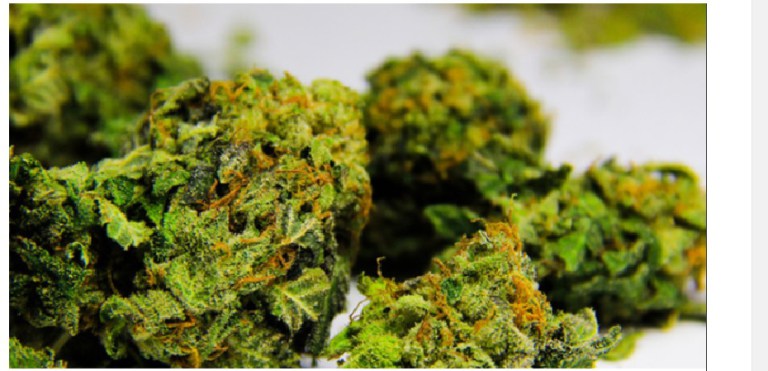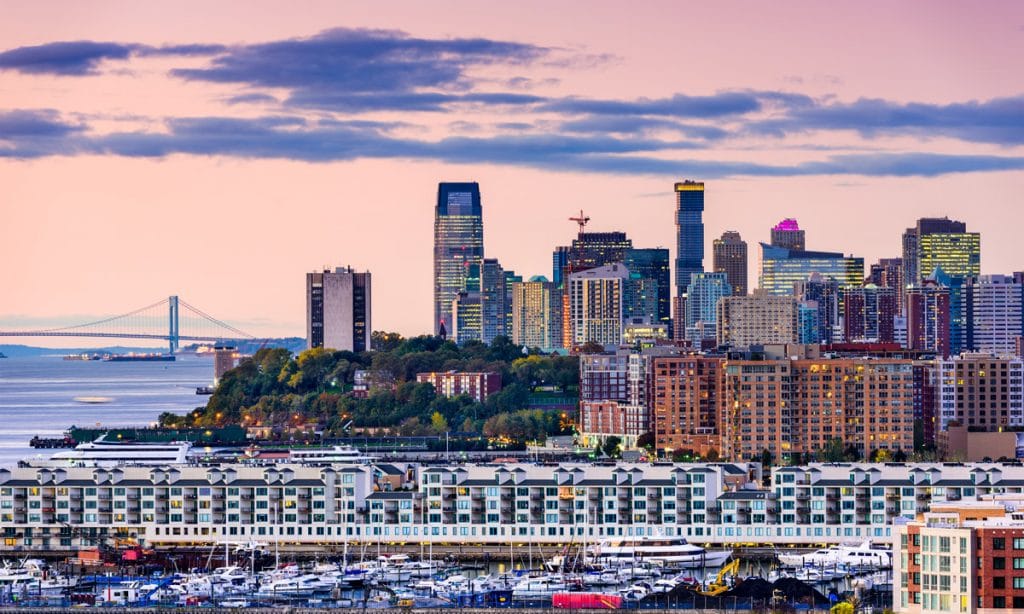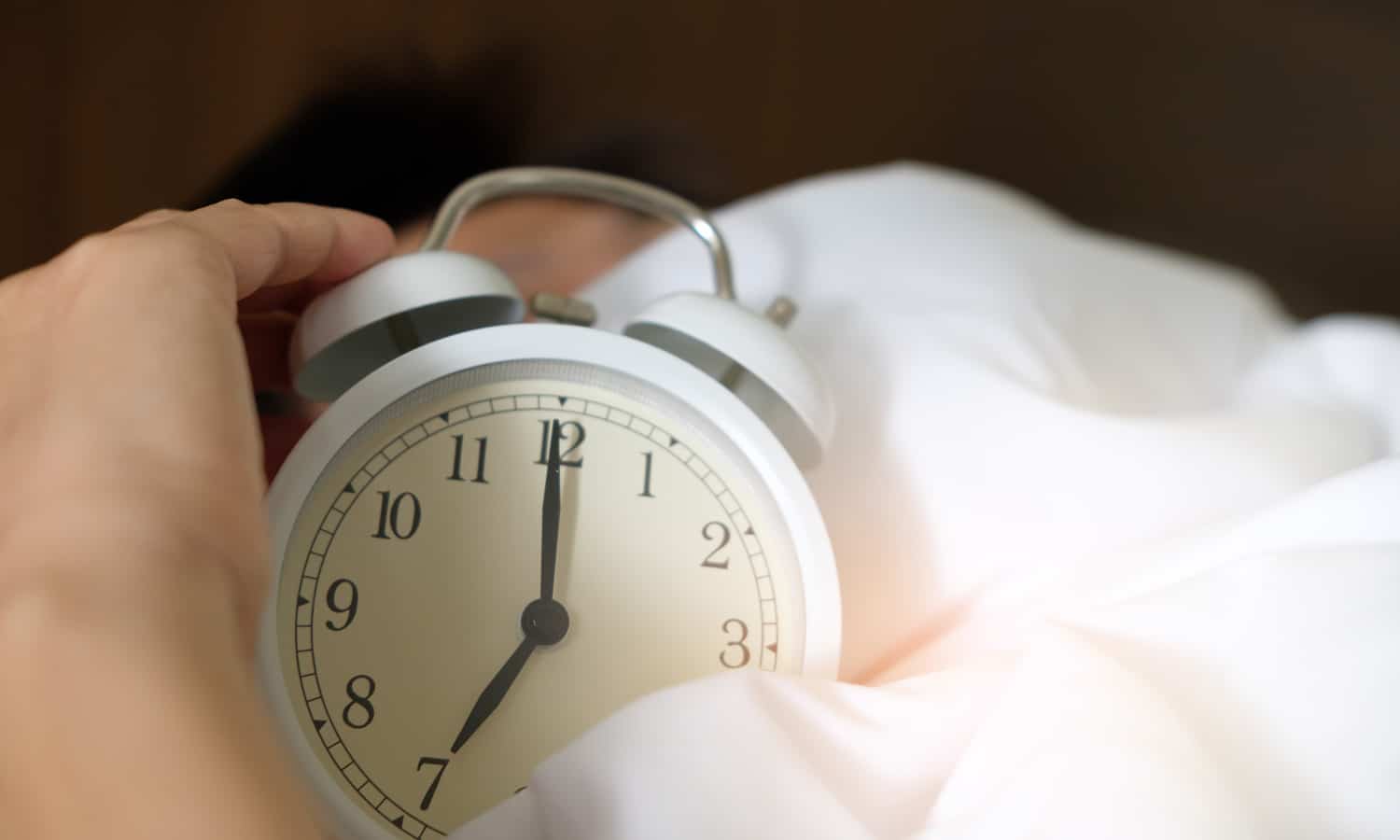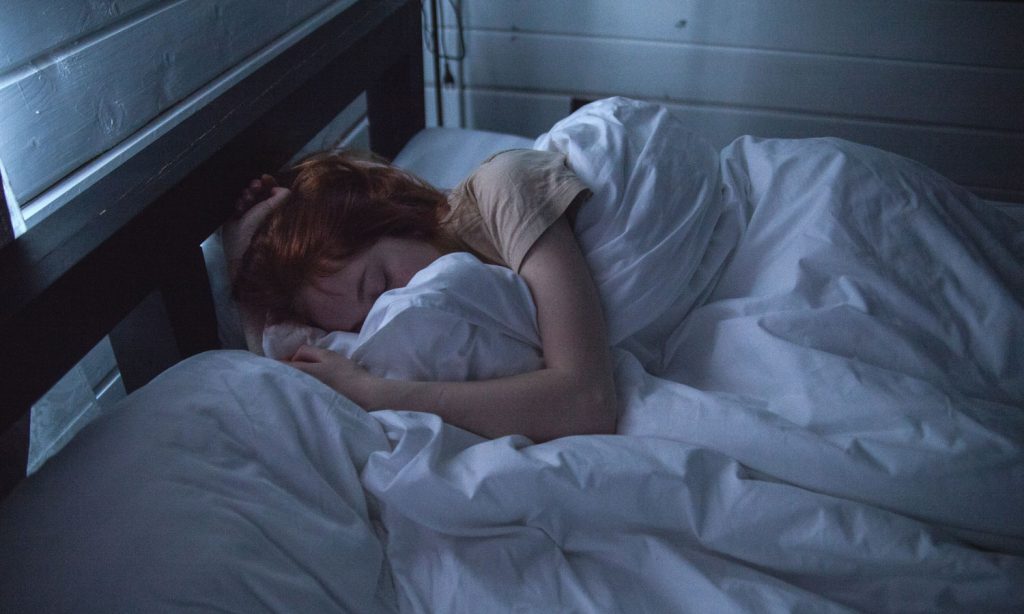By Rich Holmes
Marijuana dependence goes hand in hand with poor mental health, and problems may persist long after stopping the drug, according to Canadian researchers.
Nearly half of people who have been or are now dependent on pot have some form of mental illness or dependence on another substance, according to a report this month in the journal Advances in Preventative Medicine. That compares with 8% of people with no history of pot dependence have mental illness or another drug or alcohol addiction.
Lead author Esme Fuller-Thomson said the study doesn't answer which came first, marijuana dependence or mental illness, nor does it prove heavy pot use causes mental problems, but it does show a strong link.
"Not everyone that uses pot is going to develop mental health problems," she said. Fuller-Thomson is director of the Institute for Life Course and Aging at the University of Toronto.
Her team analyzed data from more than 20,000 respondents to a 2012 Canadian health survey. Of those, 336 said they had a history of marijuana dependence.
Among them, 35% had depression lasting two weeks or more and 27% had generalized anxiety -- excessive worry that is difficult to control. Of those who were never dependent on pot, 11% had major depression and 9% had anxiety.
Dr. Jill Williams, head of the American Psychiatric Association's Council on Addiction Psychiatry, reviewed the findings and said heavy pot use is associated with such problems as a lack of achievement and possibly a slight lowering of IQ. Users who self-medicate may increase their existing psychiatric problems, she added.
"THC [the ingredient in marijuana that gets users high] may be making things worse -- specifically, psychosis," said Williams, who is also director of the Division of Addiction Psychiatry at Rutgers Robert Wood Johnson Medical School in New Brunswick, N.J.
She said the number of marijuana-dependent users seemed very low -- 336 of 20,777 respondents. That's a mere 1.6%, which may be due to the voluntary nature of a survey and people lying about their pot use.
The study cited 2012 data showing that 1.3% of Canadians age 15 or older have been dependent upon marijuana.
Still, research in this area is valuable and more is needed, Williams said. "We really need to follow people over time," she said.
The researchers found half of pot users quit within six years of becoming dependent, and the likelihood of quitting increases with each decade of life.
And there was good news for women: They were twice as likely as men to quit successfully, have a positive outlook and be free of any mental illness, Fuller-Thomson said.
"We hadn't really anticipated that," she said.
She said women might have better success than men because they are more apt to seek social support and therapy.
"Women are more likely to discontinue use with pregnancy and [pot use] interfering with parenting," Fuller-Thomson said.
People who had no history of depression were also nearly twice as likely to stop using pot, the study found. Self-medicating with pot may make it harder for users with depression to quit, the researchers said.
Marijuana dependence seems to cast "a long shadow" over users' lives even after they quit using it, Fuller-Thomson said.
While 72% of respondents with a history of dependence were no longer dependent, 47% had major psychiatric disorders or another addiction and 57% were in poor mental health. That compared to 8% and 26%, respectively, of respondents with no history of pot dependence.
"Age may play a part," Williams said. "The younger you start, there's multiple risks."
Fuller-Thomson said she was concerned that legalization of pot will worsen mental health problems, especially among teens and young adults. Most users start as teens, and marijuana can harm the developing brain.
"My kids have to walk by three shops selling marijuana on their way to high school," she said. "We're now doing this very dangerous experiment on adolescents and young adults."
Pot has increased in strength over the past 20 years, Williams said, while the public has become more accepting of it.
"There's a mismatch," she said. "Use is going up, but risk perception is going down."
More information
For more marijuana's effect on the brain, visit the U.S. National Institute on Drug Abuse.
SOURCES: Esme Fuller-Thomson, Ph.D., director, Institute for Life Course and Aging, University of Toronto, Canada; Jill Williams, M.D., director, Division of Addiction Psychiatry, Rutgers Robert Wood Johnson Medical School, New Brunswick, N.J., and chairwoman, Council on Addiction Psychiatry, American Psychiatric Association; Anxiety and Depression Association of America; Advances in Preventative Medicine, April 15, 2020









